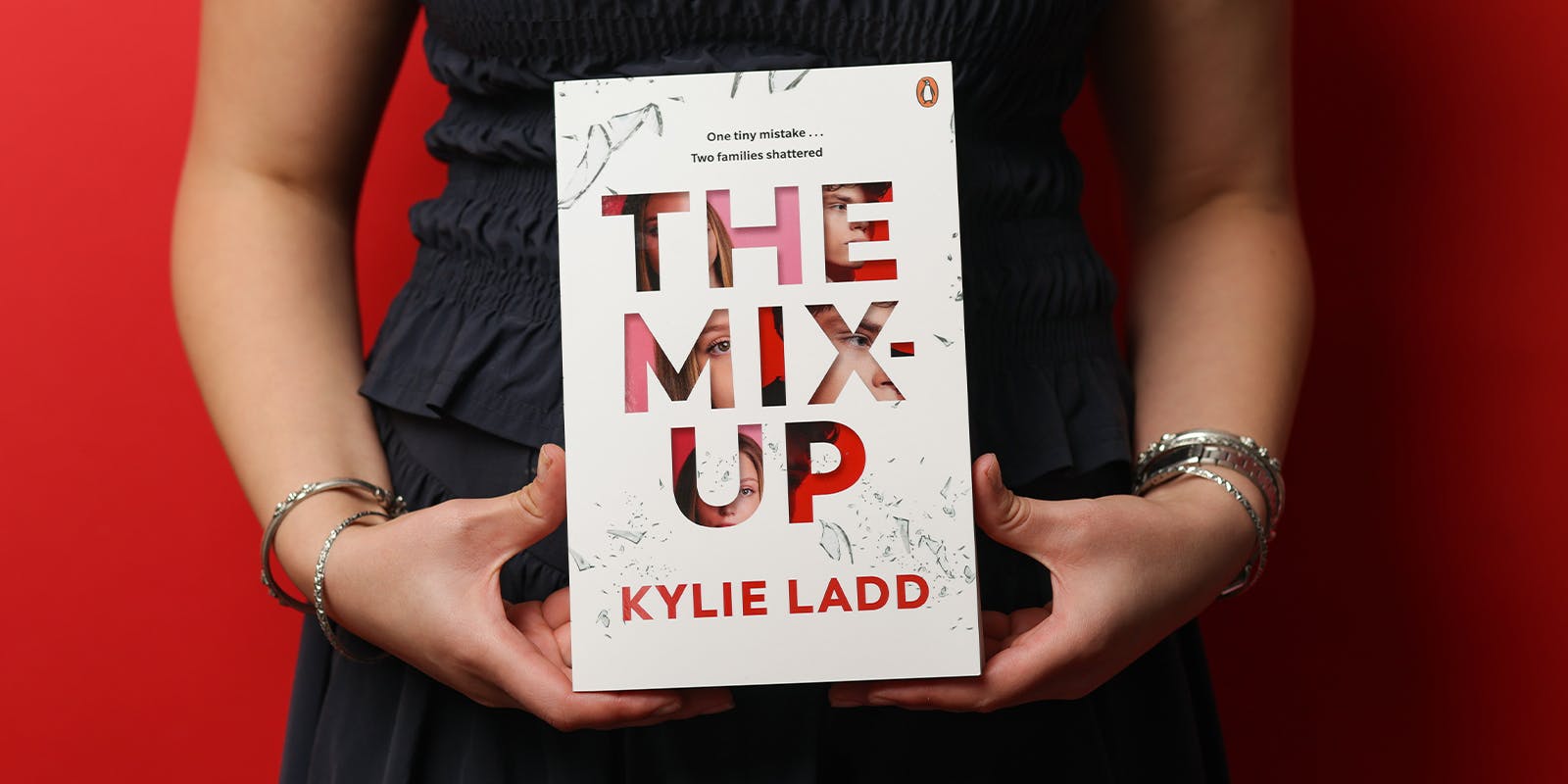A thought-provoking new novel about a mix-up that leaves two children wondering who they really are and where they belong.
What would you do if you found out you’d been raising another couple’s child – and they’ve been raising yours?
This question is central to Kylie Ladd’s new novel, The Mix-up. Fourteen years after Kelsey and Raf left the hospital with their newborn daughter Ammy, a DNA test for a school project reveals some puzzling results.
The results become disturbing, then earth-shattering, when the IVF clinic admits a terrible mistake. This means there’s another couple out there, Shona and Nathan, whose son Zach was born days after Ammy, who have also been implicated.
The only thing the families have in common is the IVF clinic that made their dreams come true. Ammy, Zach and their parents have all been strangers to each other . . . until now.
Discussion points and questions
- How important is genealogy – knowing our origin – to our identity?
- Which (if any) character do you most identify with? Why? And who do you not like, or distrust, or disagree with?
- The relationships between parents and children is a key theme of the novel. Raf lives with and acts as a carer for his; Kelsey is geographically removed from hers; Nathan believes that family and tradition are everything; and Shona has lost her father and is estranged from her mother. How do these differing situations shape their responses to parenting their own children and to the mix-up?
- Nathan and Shona disagree about whether to send Zac to Hammond Hall. Can you understand why Nathan wants to do this or do you agree more with Shona that Zac shouldn’t go?
- Why do you think Ammy is so desperate to gain validation from her peers, whereas Zac couldn’t care less?
- Some religions are against IVF as they believe it is an affront to the natural way of creating life. Such technology also opens the door to human error, which is how the ‘mix-up’ arises. Do you believe or fear that reproductive technology is outpacing the associated ethical and moral considerations? Discuss.
- Which family do you think Zac and Ammy belong to – the one who made them, or the one who raised them?
- Margaret has the idea to move the families in together to try and create one big family. Do you think this was effective? What would you do in the situation?
- What makes a family – blood, or history and proximity? Did your opinion on this change as you read the book?
- What do you think Ammy and Zac each gained from meeting their biological families?












